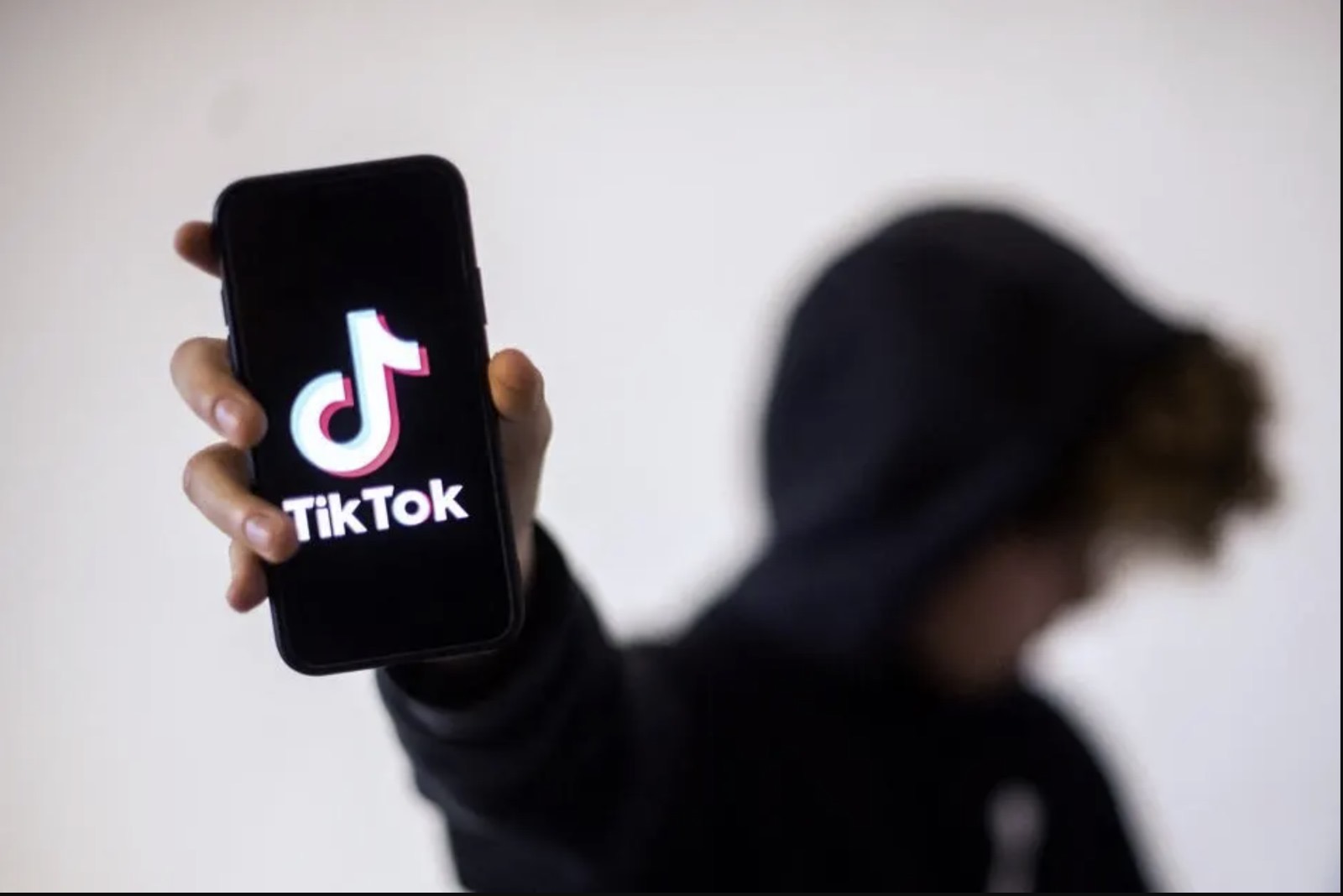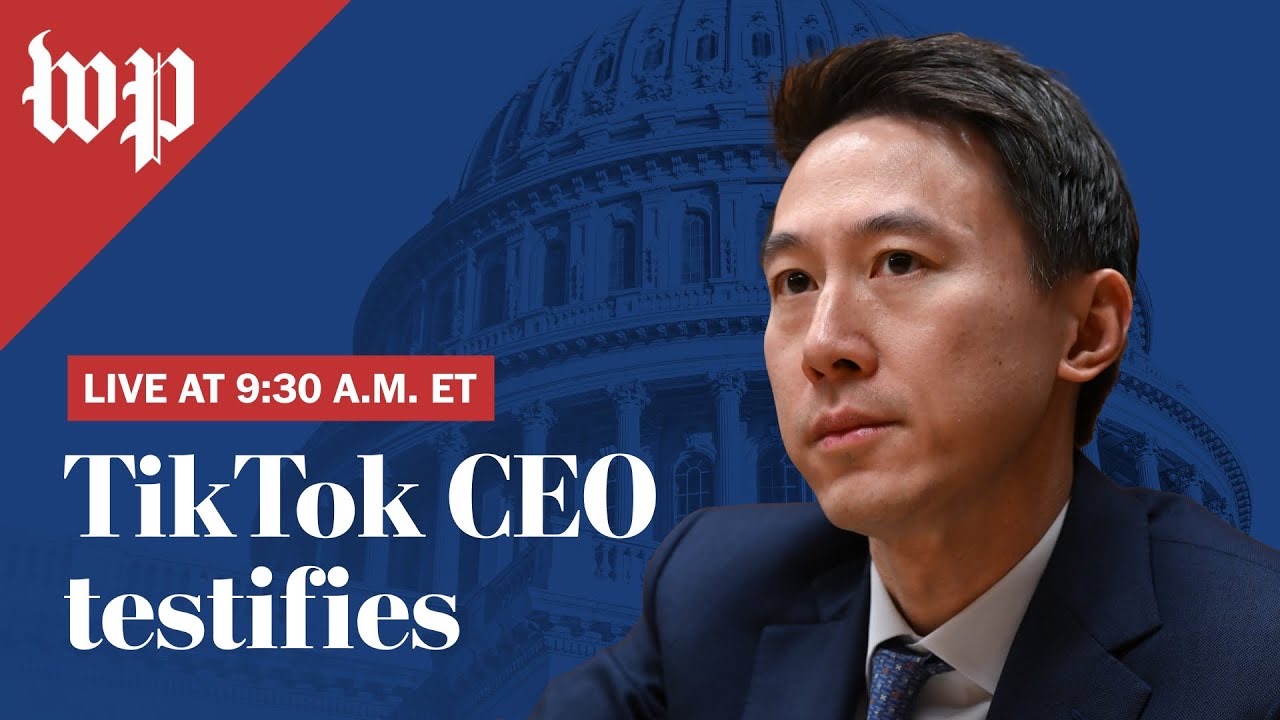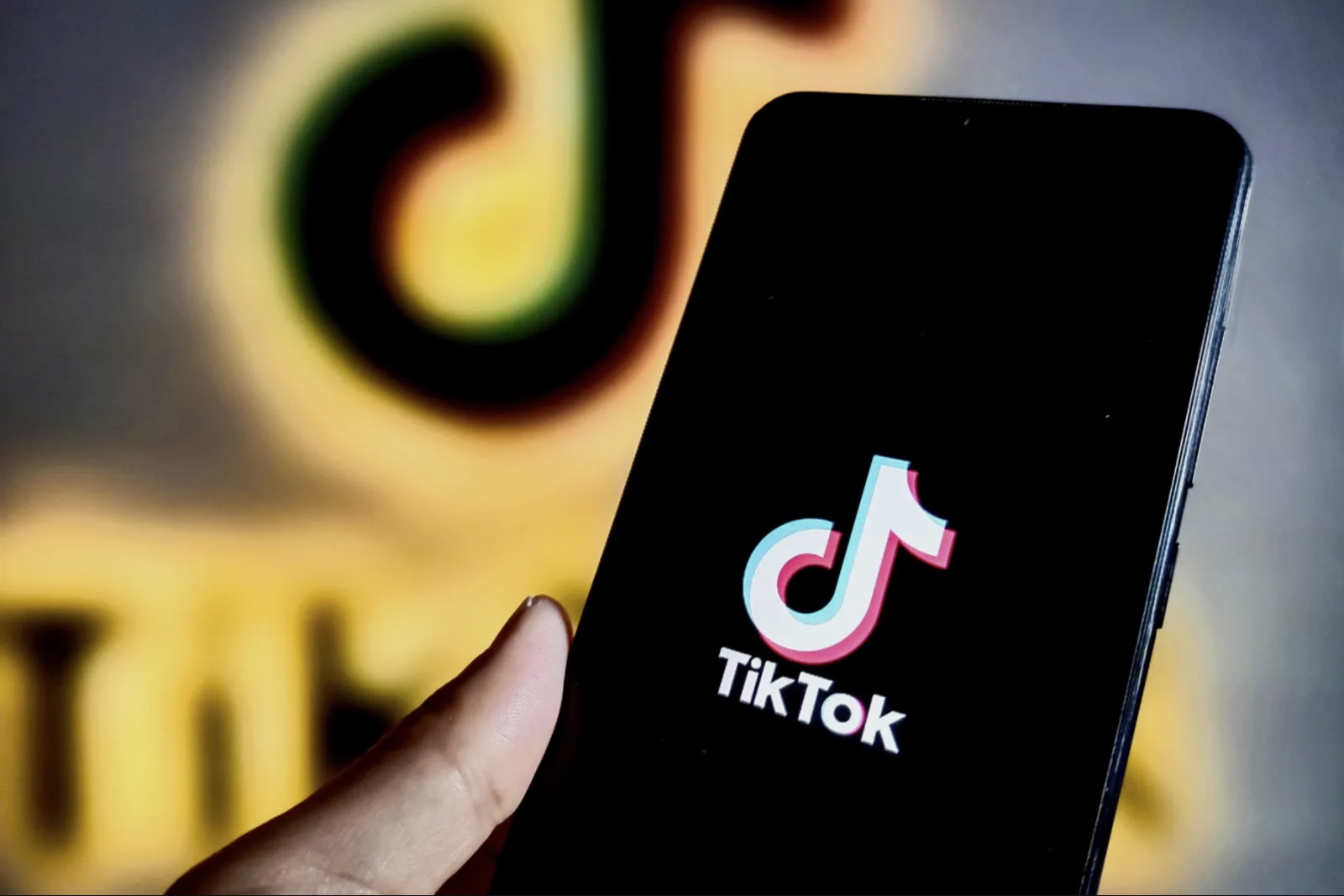The TikTok issue is one of the biggest damned if you do, damned if you don’t problems on America’s agenda.

On April 14, 2023, nearly a year ago, Montana became the first state to try to ban TikTok, but a US District Judge put a temporary halt to the ban, saying it “oversteps state power,” “likely violates the first amendment,” and has a “pervasive undertone of anti-Chinese sentiment.”
Then FBI head Christopher Wray told Congress that TikTok “screams out with national security concerns.” So at 9:09 Wednesday morning, March 13th, Congress passed a bill demanding that TikTok’s owner, ByteDance, sell TikTok to an American company in 165 days or be forced out of the United States.
If this bill is also passed by the Senate, it would allow the president to attack any foreign-owned social media platform whatsoever.
Which brings us back to the damned if you do, damned if you don’t dilemma. If you ban TikTok, you yank the lollipop away from 170 million American users and an astonishing seven million American small business owners who make their living, or a part of it, on TikTok.
What’s worse, you take away our first amendment right to freedom of speech.
But if you don’t ban TikTok, you give the Chinese Communist Party real-time information on the location, wishes, forbidden secrets, and political inclinations of half of the American population. And the ability to manipulate American minds.
Look, the Chinese Communist Party has already installed software that would allow it to shut America down, cutting off your electricity, your fuel, your food, and your water. For example, if China were going to attack Taiwan, TikTok could smooth the path by turning Americans against the Taiwanese. Then when the invasion arrived, China could jam your phone.

No water, no electricity, no oil, no food and no phone, means killing America without firing a shot.
Why are people so concerned that TikTok could be used for military purposes? Isn’t TikTok a private company? TikTok’s CEO, Shou Zi Chew, who is coming to America to argue his case, says passionately that the firm will never share data with the Chinese government or its war machine.
But that is not true. China’s national security laws force every Chinese company to share its data, its technology, and its staff with the People’s Liberation Army if called on. Whether that army is making the call in a time of war or a time of peace.
Then there’s the other side of things. The American Civil Liberties Union, the ACLU, says the new law is unconstitutional. It violates your freedom of speech and mine.
TikTok agrees. It urged its users to contact their congressional representatives, and the politicians’ in-boxes were flooded. Flooded by TikTok users like 42-year-old Amber Estenson, “That Midwestern Mom,” who rocketed to fame on TikTok when she showed how to make a “Minnesota salad” of “Snickers bars, apples, Jell-O and Cool Whip.”
The Midwestern Mom calls TikTok her “lifeline.” Not only is TikTok the source of her income, but she says that if TikTok disappeared, “I would lose a million followers.”
Then there’s another case cited by NPR, “William McCoy, who goes by Izzy White, is a former drug dealer and ex-felon from Baltimore,” reports NPR. “He said he uses his platform to help homeless people in his community.” Declares McCoy, “Without TikTok, basically all the mouths that I feed every day wouldn’t get fed.”
Plus there are the folks who started to appear in TikTok’s TV ads last spring. There’s the nun who uses TikTok to teach spirituality, the farming couple who use TikTok to get across their philosophy of agriculture, and the woman who started a tiny goat milk business and grew it so big on TikTok that she was able to stop operating out of her kitchen and build a small factory.
On top of that, there are the kids who have grown up using TikTok to find others like themselves, to hone their talents, to entertain, to inform, and to grow their closeness and community.

But beware. Two days ago the Office of the Director of National Intelligence issued a report showing how China has been using TikTok for years to manipulate American minds. For example, Chinese TikTok accounts worked hard to influence the 2020 elections. And they are working their little bytes off to manipulate the election we’re heading toward today.
The new anti-TikTok bill passed the House by an astonishing 352 to 65. But the bill is about to go from the House to the Senate and is going to have a much harder time. Why? As Senate Judiciary Chairman Dick Durbin said on Tuesday March 12th, “Cutting out a large group of young voters is not the best known strategy for reelection.”
References:
https://www.rubio.senate.gov/fbi-director-affirms-danger-of-tiktok-at-worldwide-threats-hearing/
https://www.nytimes.com/2024/03/13/briefing/tiktok-china-congress.html
https://time.com/6898845/tiktok-ban-bill-us-congress-what-to-know/
https://www.msn.com/en-us/news/politics/will-congress-ban-tiktok-heres-whats-going-on/ar-BB1jLgTg.
https://influence-insider.com/the-pros-and-cons-of-the-tiktok-ban/
|
______
Howard Bloom of the Howard Bloom Institute has been called the Einstein, Newton, and Freud of the 21st century by Britain’s Channel 4 TV. One of his seven books–Global Brain—was the subject of a symposium thrown by the Office of the Secretary of Defense including representatives from the State Department, the Energy Department, DARPA, IBM, and MIT. His work has been published in The Washington Post, The Wall Street Journal, Wired, Psychology Today, and the Scientific American. He does news commentary at 1:06 am Eastern Time every Wednesday night on 545 radio stations on Coast to Coast AM. For more, see http://howardbloom.institute.
